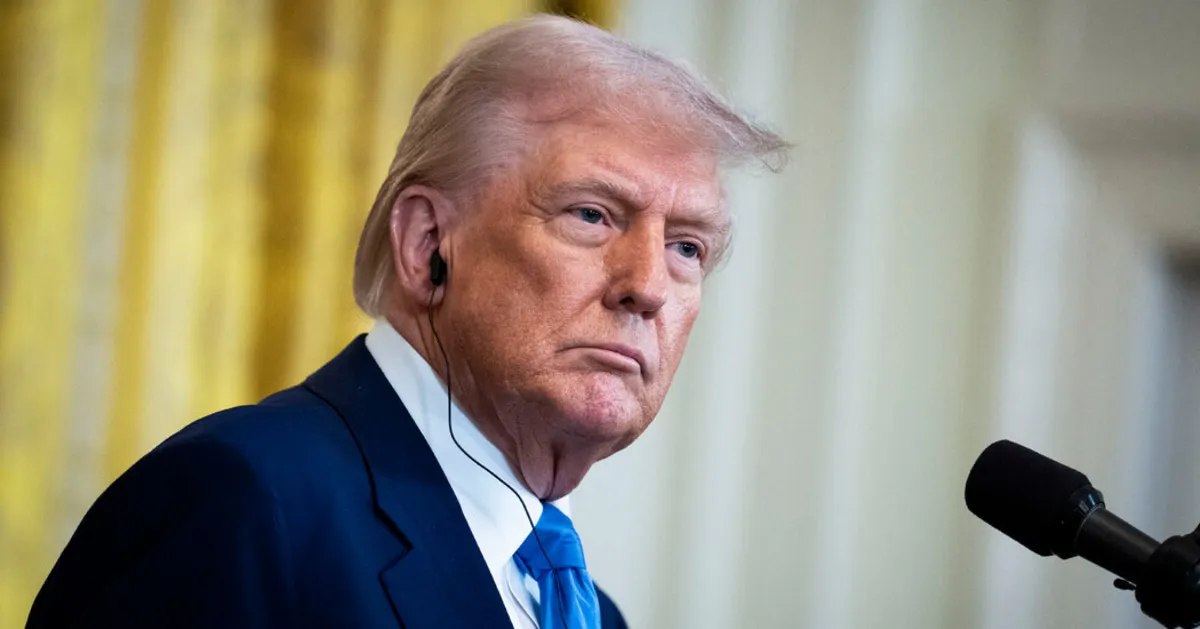
On Tuesday night, President Trump shared an AI-generated video on social media, depicting the war-torn Gaza Strip transformed into a lavish resort bearing his name. This post comes less than a week after he seemed to reconsider his controversial proposal to displace Palestinians and place U.S. control over the territory. The origins of the video remain unclear, as Mr. Trump did not provide any commentary when posting it.
Versions of this video have circulated on various social media platforms, including LinkedIn, X, and Instagram, over recent weeks. The particular version shared by Mr. Trump was reportedly sourced from Rumble, a Florida-based video platform known for its popularity among right-wing audiences. The video's release was met with immediate backlash from Palestinians, echoing the widespread rejection of Mr. Trump's earlier plan by the Arab nations.
Ahmed al-Soufi, the mayor of Rafah, a southern city in Gaza, expressed his disdain for the video, stating, "It’s a fantasy." He emphasized that if Mr. Trump truly wishes to provide Palestinians with dignity and a future, he should advocate for a Palestinian state alongside Israel.
The video begins with stark images of people, including armed individuals, navigating through devastated streets. It then transitions to scenes of development and opulent beachside luxury. Some of the more striking images include a child holding a balloon shaped like Mr. Trump’s head, a large golden statue of the president, and a man throwing money on the beach.
The video contains several signs of AI-generated imagery. For example, one scene features a man resembling billionaire Elon Musk, a close advisor to President Trump, who is depicted with an extra finger while eating bread. Other scenes include bearded belly dancers wearing green headscarves on a beach, Mr. Trump dancing at a nightclub, and an image of Mr. Trump and Israeli Prime Minister Benjamin Netanyahu sitting shirtless by a pool with drinks.
This controversial video and its implications continue to spark debate and criticism, highlighting the ongoing tensions surrounding the future of the Gaza Strip and the broader Middle East conflict.